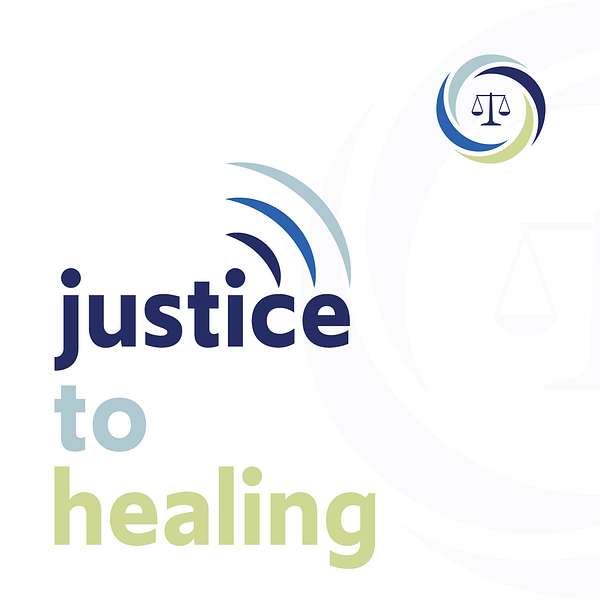
Justice To Healing
Justice To Healing is a podcast presented by the National Treatment Court Resource Center (NTCRC) and hosted by NTCRC co-directors Kristen DeVall, Ph.D. and Christina Lanier, Ph.D. Each episode explores a topic related to treatment courts through conversations with experts in the field. Listeners will gain knowledge and expand their perspectives regarding treatment court work. Dr. DeVall and Dr. Lanier bring a perspective informed by years of experience in the research and practice of treatment courts. It is our hope that Justice To Healing listeners will translate the information presented into practice.
Justice To Healing
The Impacts of Implicit Bias
Use Left/Right to seek, Home/End to jump to start or end. Hold shift to jump forward or backward.
Hosts Kristen DeVall, Ph.D. & Christina Lanier, Ph.D. welcome Iowa Statewide Problem-solving Court Coordinator Dr. Eric Howard as they take on the impacts of implicit bias in treatment courts. Listen in as Dr. Howard defines implicit bias, presents challenges with admission/retention/graduation, how to address implicit bias within ourselves, and more.

